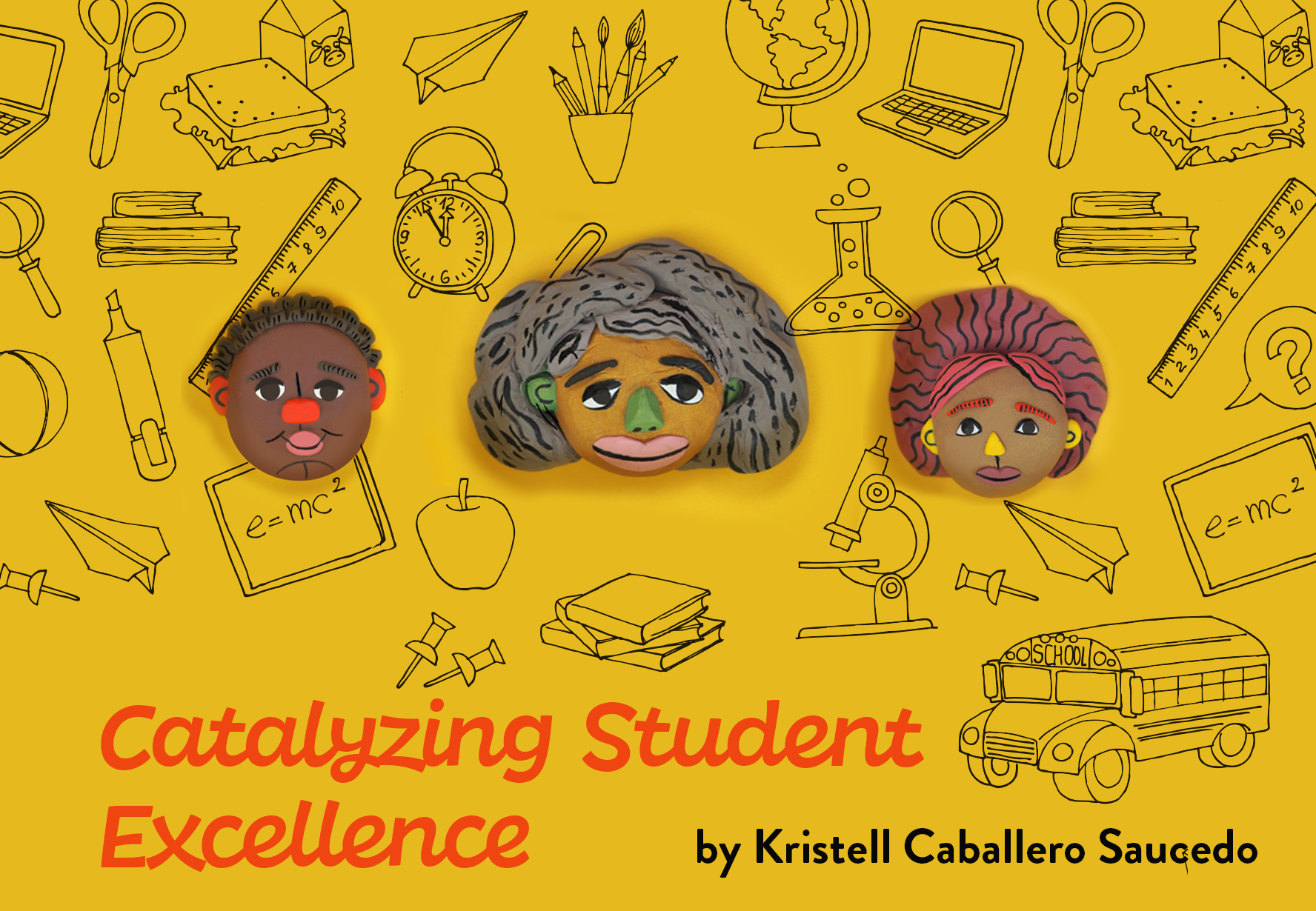

As a student at North High School in Minneapolis, I began to see myself differently as a response to the high expectations some adults from my school had for me. These high expectations were particularly important because school work came easy to me. I learned quickly, and therefore minimal effort was enough to be at a good academic standing in advanced classes. Reflecting back on my early years in high school, I realize that these relationships were a catalyst to my change of mindset—to expect more for and from myself because I owed it to myself, and just as importantly, to my community.

Black and brown students from low-income communities receive constant messages of who they are supposed to be and what they are supposed to accomplish. Specifically—a deficit-based lens has dominated the narrative of North High students to the point that even they begin to believe it. The proliferation of this narrative in the general public helps one understand why even some of the adults who have constant contact with Northside students in school might set low expectations for them. Recently, I heard a Northside student refer to this type of relationship as “loving kids to failure.”
By saying this, I’m not dismissing that for a few of these adults, this is more about unconscious bias or just plain racism.
Still, it seems to me that educators are least somewhat aware of the myriad of challenges that their students face outside the schools’ walls, and therefore they lower their expectations for them. However, these students are so talented that it is easy for them to pick up how much they can slack at school. See, what some folks don’t understand is that constant resilience makes people not only stronger, but also extremely observant and resourceful. Our youth are well aware of how adults interact with them, and some will test when and where can they can try their very least.
To me, this was clear every time I observed one of my science teachers interact with her students—including me. I was amazed at how this woman, with just one look, would command total attention from a room filled with energetic teenagers. She expected excellence from each and every one of her students; and instead of painting them as victims, she empowered them by reminding them of the agency they had to be their very best. I have tremendous respect for her because she was able to see the talent in each and every one of her students—not only the straight A ones.

I clearly recall how overlapping schedules of Advanced Placements classes landed me in my teacher’s “regular” class hour. Quickly, she realized my academic capabilities, and when she had to, she called me out: “It’s clear that you’re being sloppy with your work, Kristell.” That intervention helped me reframe what I expected from and for myself and had a tremendous impact in my life up to this day.
I am sure that some of my most gifted peers at North High needed a set of “interventions” like the ones I got.
A lack of high expectations meant that many gifted students of color wound up with poor work ethic and lack of interest in school. Some of my classmates had ~28+ ACT scores in addition to great AP test scores, and yet, in some cases, below ~2.5 GPAs.
I believe that adults surrounding our youth have a responsibility to not only remind students of their brilliance, but to do so by being explicit that they expect excellence from them. The best metaphor that I can think of for this is the relationship between athlete and her coach. My coach not only teaches me the technique necessary for me to lift weights, he also stops me when I’m performing with poor technique and pushes me when even I don’t think I can add more weight to the bar. His interventions are imperative not only because developing good technique and pushing myself will make me stronger, but also because I can hurt myself with poor technique, and I won’t progress if I don’t push myself harder.

Students come to school to develop the habits and skills necessary to succeed. When adults who surround students don’t intervene when necessary, we are enabling those students to develop poor habits and a poor work ethic.
When adults don’t push students to do more than they think they are capable of, our students will continue to underestimate themselves and their talent will remain unseen.
Contributors